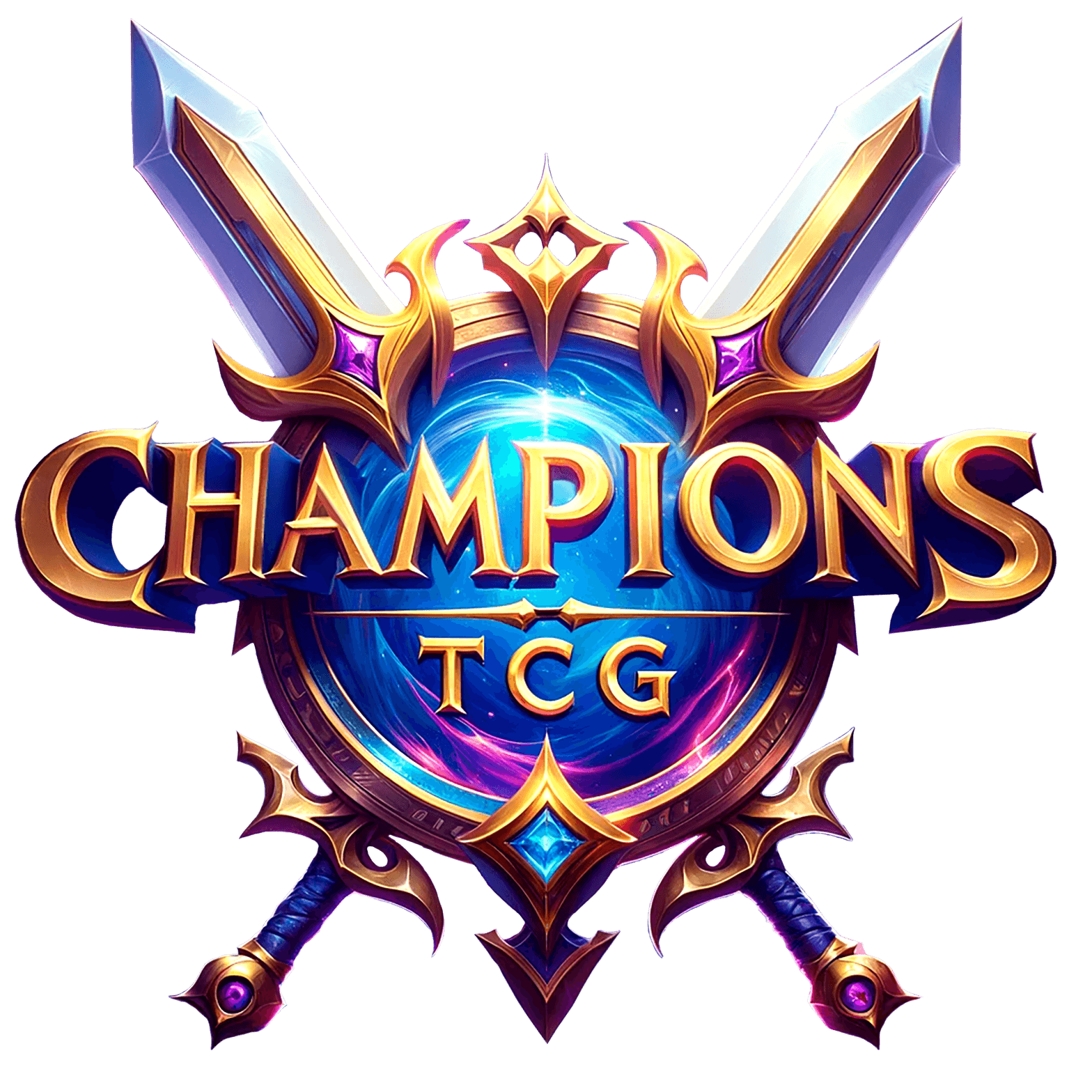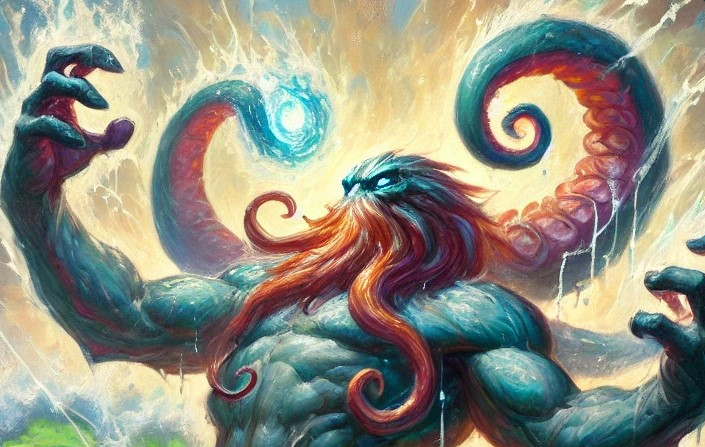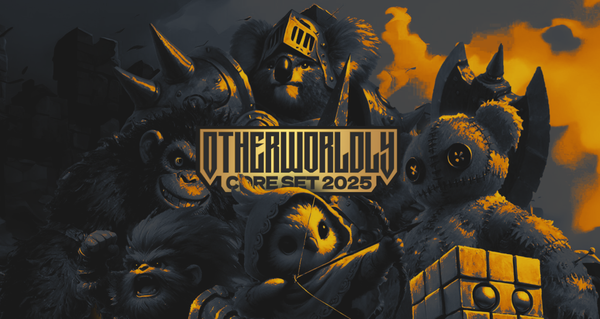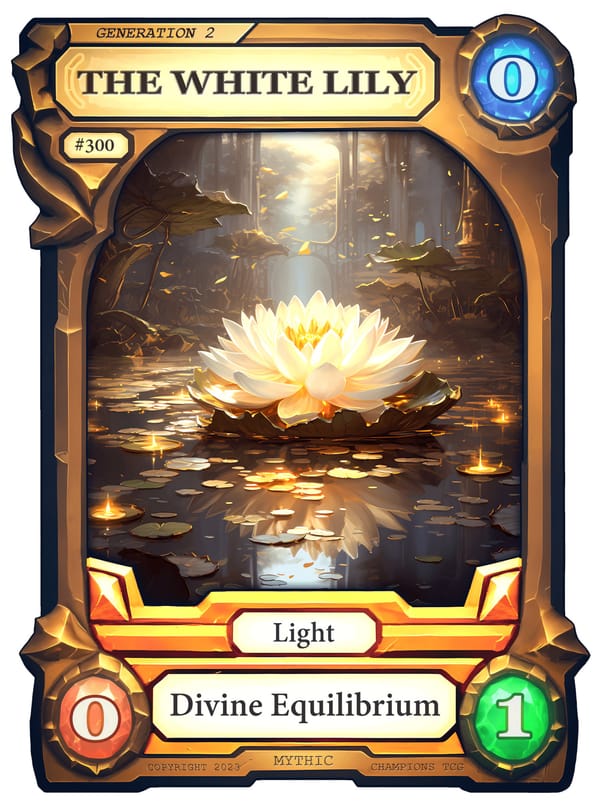Unlocking the Past: A Historical Perspective of Competitive TCGs
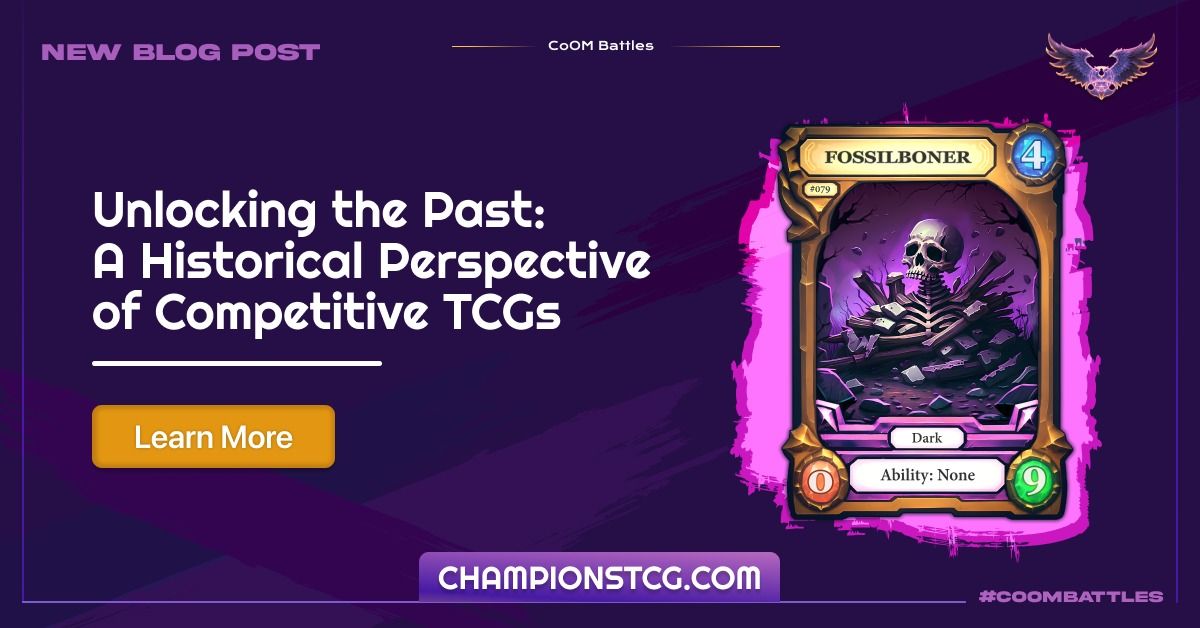
In the ever-evolving world of gaming, few genres have captured the hearts and minds of players as profoundly as Trading Card Games (TCGs). These strategic, collectible card-based competitions have a rich history that spans decades, with each era leaving its indelible mark on the competitive TCG landscape. Join us on a journey through time as we explore the origins of TCGs and how competitive play has transformed over the years.
The Birth of Trading Card Games
To truly understand the history of competitive TCGs, we must first look back to the early 1990s. This period gave birth to the genre's defining masterpiece, "Magic: The Gathering" (MTG), created by mathematician and game designer Richard Garfield. MTG introduced the concept of collectible cards with varying rarities and abilities, setting a precedent for TCGs to come.
The success of MTG soon paved the way for other iconic franchises, including "Pokémon" and "Yu-Gi-Oh!," which captured the imaginations of players around the world. These games introduced exciting mechanics, compelling narratives, and memorable characters, all of which contributed to the meteoric rise of competitive TCGs.
Early Competitive Play: The Wild West
As competitive play began to take root, early TCG tournaments resembled the Wild West of gaming. Rules were often fluid, and formats were experimental. The dynamic nature of the scene allowed for creativity and innovation. Decks were crafted with a personal touch, and players often had limited access to card pools.
The Emergence of Organized Play
With the growing popularity of TCGs, game publishers recognized the need for structured competitive environments. In the late 1990s and early 2000s, organized play systems were established. Wizards of the Coast introduced the DCI (Duelists' Convocation International) for MTG, while Pokémon and Yu-Gi-Oh! established their own organized play programs. These initiatives standardized rules, provided official tournaments, and introduced ranking systems.
The Pro Tour and World Championships
MTG's Pro Tour, inaugurated in 1996, marked a significant milestone in the evolution of competitive TCGs. This series of prestigious tournaments attracted the best players from around the world and offered substantial cash prizes. It elevated the status of professional TCG players and laid the foundation for esports in the TCG world.
Other TCGs, such as Pokémon and Yu-Gi-Oh!, followed suit, organizing their World Championships, where elite players could compete on a global stage. These events not only celebrated the competitive spirit but also highlighted the international appeal of TCGs.
Digital Revolution and Online Play
The 21st century brought with it a digital revolution that transformed competitive TCGs. Online platforms like "Magic: The Gathering Online," "Pokémon Trading Card Game Online," and "Yu-Gi-Oh! Duel Links" allowed players to compete remotely, transcending geographical barriers.
Digital TCGs introduced new possibilities for player engagement, spectatorship, and convenience. Streaming platforms like Twitch became hubs for watching high-level play, while online deck-building tools simplified the process of crafting competitive decks.
Esports and Professionalism
As competitive TCGs continued to evolve, they adopted esports models. Major tournaments offered substantial cash prizes, sponsorships, and professional contracts, ushering in a new era of professionalism in the TCG scene. Top players became household names, and the skill gap between amateurs and professionals widened.
The Future of Competitive TCGs
Today, competitive TCGs remain a global phenomenon, with a rich history and a promising future. With the advent of augmented reality (AR), blockchain technology, and evolving online platforms, TCGs are poised to reach even greater heights.
In conclusion, the historical perspective of competitive TCGs is a captivating journey through time, filled with innovation, dedication, and passion. As TCGs continue to adapt and thrive, one thing is certain: they will always hold a special place in the hearts of players, collectors, and enthusiasts around the world.
